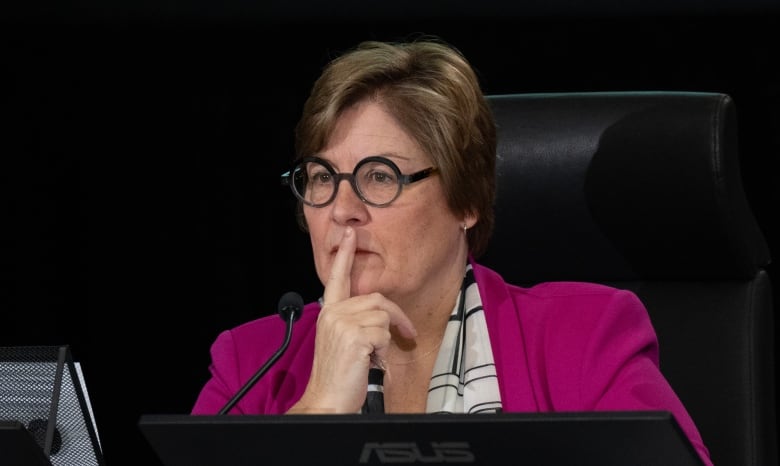Prime Minister Justin Trudeau will be one of 40 witnesses to testify before the commission probing allegations of foreign electoral interference over the next few weeks, as Commissioner Marie-Josée Hogue and her team sort through what the government knew, or didn’t, about claims that China meddled in the past two federal campaigns.
The Public Inquiry into Foreign Interference in Federal Electoral Processes and Democratic Institutions (PIFI) resumes next Wednesday and will run until April 10. The inquiry was triggered by media reports last year which, citing unnamed security sources and classified documents, accused China of interfering in the 2019 and 2021 federal elections.
In a news release issued Friday, the commission said it will hear from dozens of individuals and agencies — including members of diaspora communities, current and former elected officials, political party representatives, Elections Canada officials, the Office of the Commissioner of Canada Elections, current and former senior government officials, cabinet ministers and Trudeau himself.
Last year, the prime minister — who has come under attack over the way he has handled the file — said he would testify “willingly and with very much enthusiasm.”
A schedule listing when witnesses will appear is expected next week.
Hogue held interim hearings earlier this year on whether intelligence and other information could be talked about publicly.
The upcoming set of hearings will focus on whether there was foreign interference in the 2019 and 2021 federal elections, the potential impacts on the integrity of those elections, the flow of information to senior decision-makers and the government’s response.

“A goal for these hearings is to give citizens a better understanding of the foreign interference threats our electoral system may have faced in the 2019 and 2021 elections, the protective mechanisms that were in place, and the potential impact, if any, on the integrity of the elections,” Hogue said in a media statement Friday.
She said the commission will have to be “both creative and prudent in its approach.”
“We have therefore provided for flexible rules of evidence and procedure that should enable us to reconcile the objectives of transparency and the protection of national security, while respecting the rights of the parties and the public to know and meeting the tight timelines that have been imposed,” said Hogue.
Hogue’s interim report is due May 3 and her final report is due by the end of the year.



